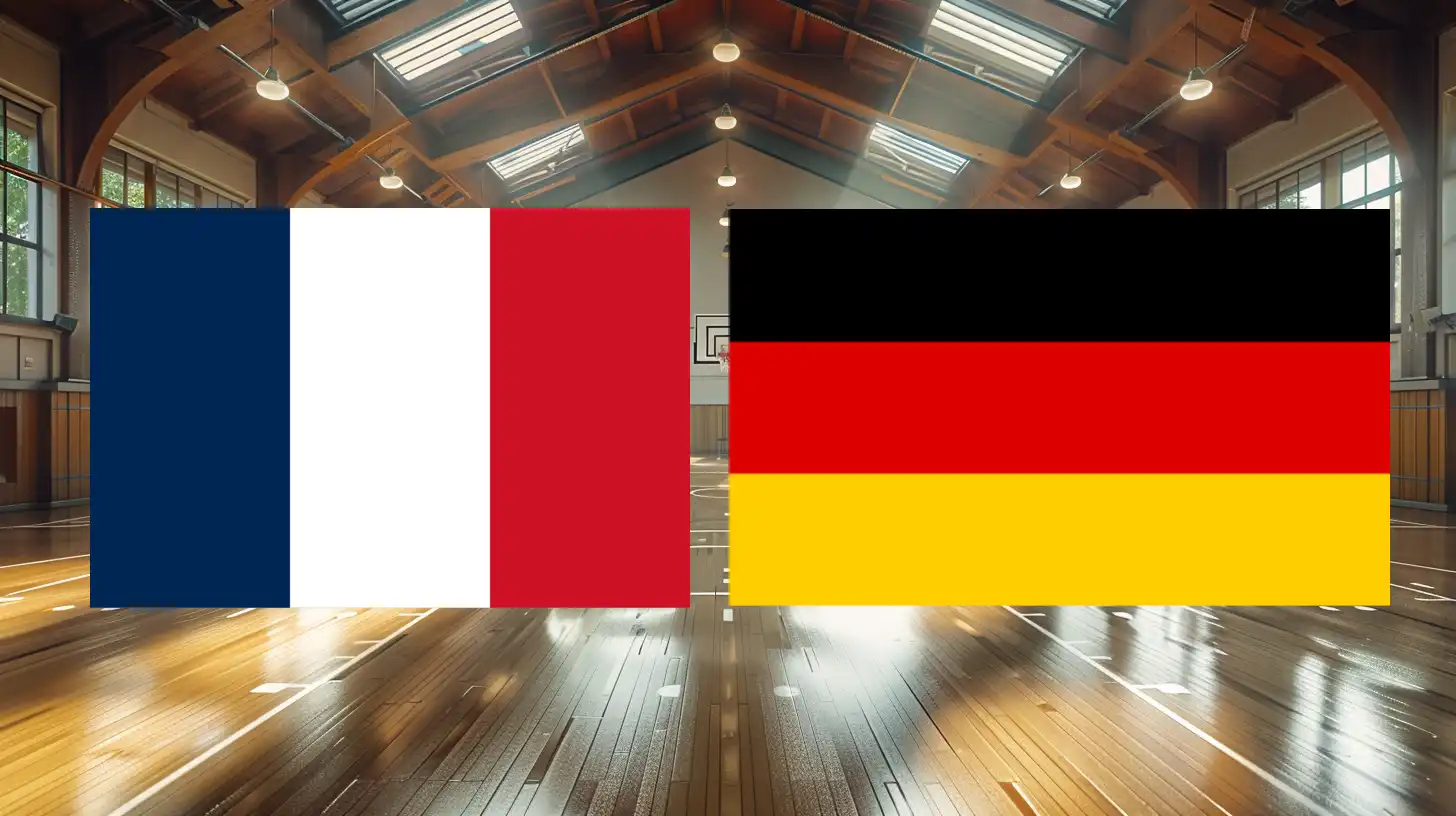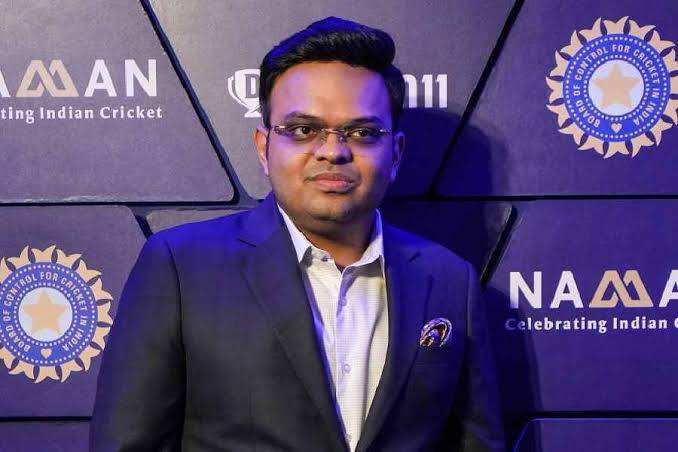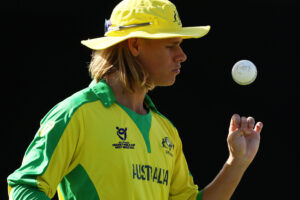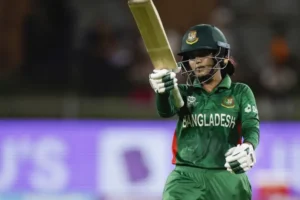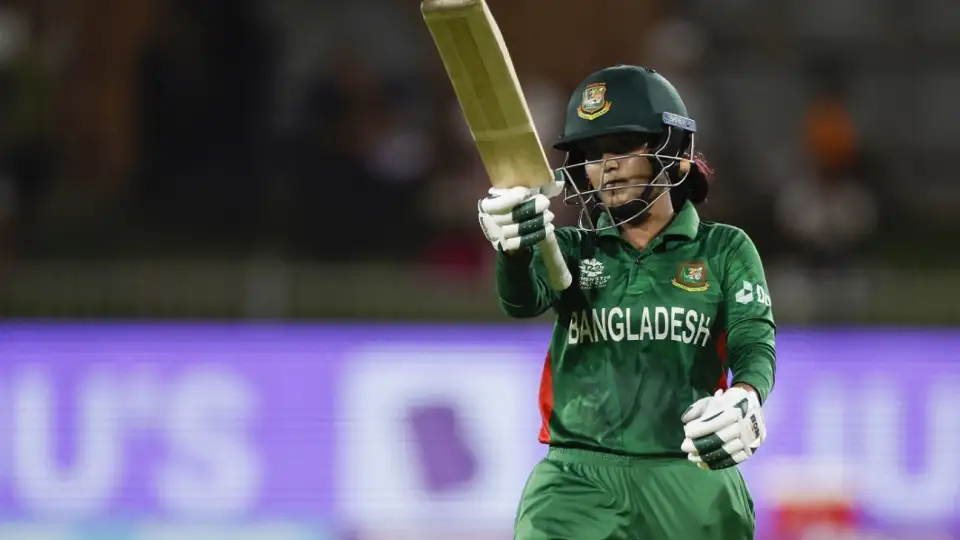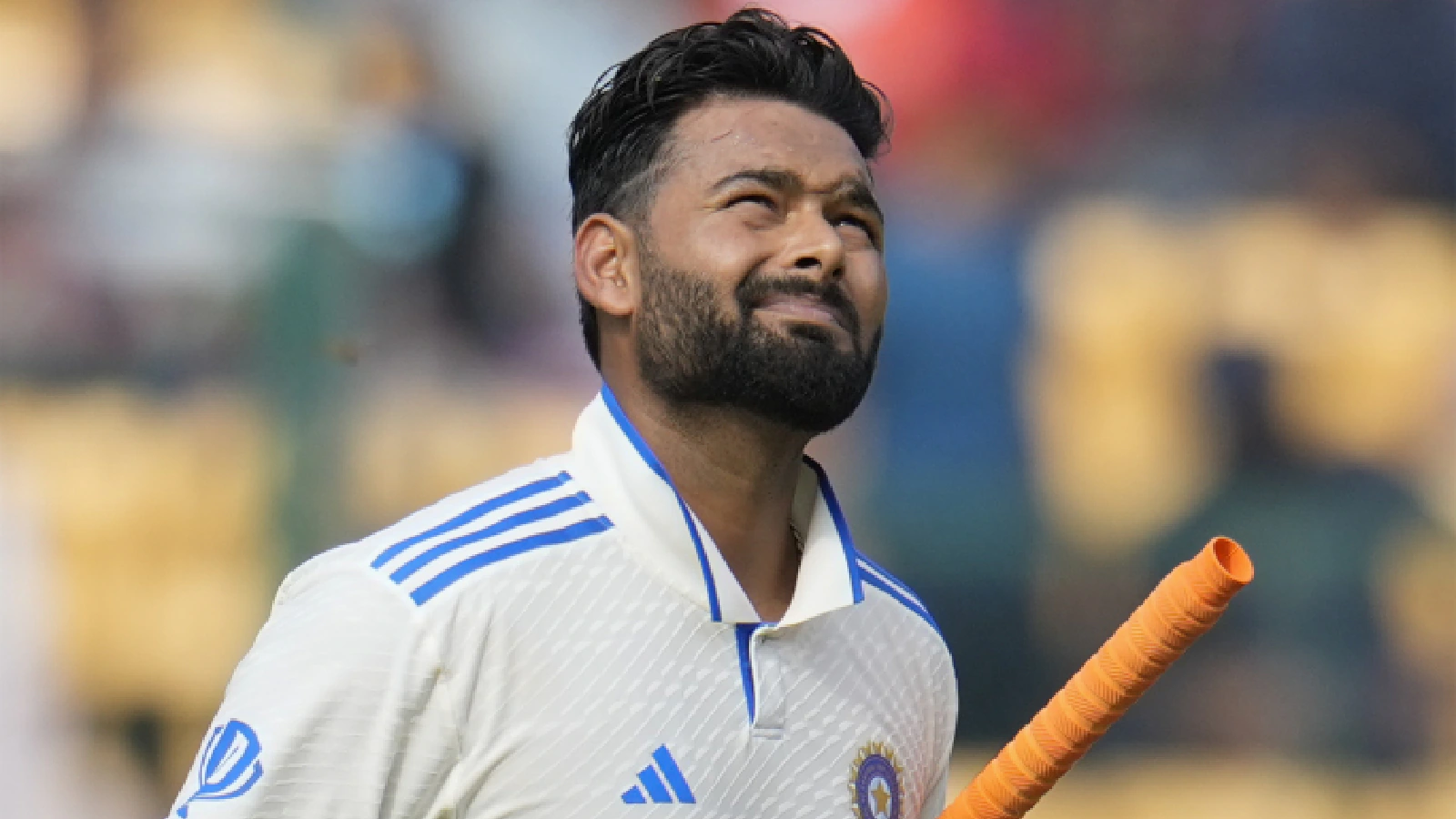The International Cricket Council (ICC) has officially selected Singapore as the venue for its 2025 Annual Conference, scheduled for the third week of July. This major global event marks a significant milestone in the sport’s governance, as key reforms and rule changes await formal discussion and possible ratification. The conference will be chaired for the first time by ICC Chairman Jay Shah, underscoring a new era of leadership in world cricket.
Key decisions anticipated as ICC annual conference set to be held in Singapore
— Cricket Pakistan (@cricketpakcompk) April 19, 2025
Read more: https://t.co/QDnW2rntBe#ICC #JayShah pic.twitter.com/lyRrx0zvDN
Singapore: The Chosen Host for ICC’s Premier Annual Event
Singapore’s selection as the host city highlights its strategic importance in the international cricket landscape. As the home constituency of ICC Deputy Chair Imran Khwaja, Singapore offers a neutral and modern venue well-suited for high-level diplomatic and administrative discussions.
This development follows earlier meetings in Harare and Victoria Falls, where the decision was finalized. Singapore’s world-class infrastructure, efficient connectivity, and neutral geopolitical standing make it a prime choice for hosting an event of this magnitude.
Playing Conditions Under Scrutiny: Major Changes on the Table
The ICC Cricket Committee, chaired by former Indian captain and ex-BCCI President Sourav Ganguly, has proposed sweeping reforms aimed at revitalizing the sport’s competitive edge and entertainment value. These proposals will be at the heart of the discussions in Singapore.
Introduction of a Single Ball from the 25th Over in ODIs
One of the headline recommendations is to switch to a single ball from the 25th over onwards in One-Day Internationals. The aim is to reintroduce reverse swing—a skill that has diminished under the current two-ball format. This change could redefine the middle overs by offering bowlers a tactical edge and shifting momentum dynamics.
In-Game Timing Clocks for Test Cricket
Another bold proposal is to introduce in-game clocks for Test matches, enforcing a 90-over day with stricter time management. The suggestion includes a 60-second time limit between overs, similar to white-ball cricket, designed to quicken the game’s pace and ensure full-day quotas are met. This innovation could drastically improve spectator experience while addressing long-standing over-rate issues.
Shift in U19 Men’s World Cup Format
To align with the modern cricketing landscape, the committee recommends that the Men’s Under-19 World Cup be converted from a 50-over format to T20. This mirrors the current format of the women’s Under-19 World Cup and reflects the global shift towards shorter formats among younger players and audiences.
Working Group in Formation: Deeper Evaluation on the Horizon
While these proposals have yet to be ratified, the ICC is strongly considering the formation of a working group to study the impact, feasibility, and logistics of implementing such reforms. This group will be tasked with analyzing player welfare, competitive balance, and operational logistics across international venues.
Its formation is expected to follow the conclusion of the Singapore summit, with input gathered from Full Member boards, players’ associations, and technical committees.
World Cricket Association (WCA): Proposals and Pushback
Alongside on-field reforms, the ICC is navigating complex political waters off the field. The World Cricket Association (WCA) has submitted several recommendations that challenge the current governance structure and financial distribution models within the ICC.
WCA’s Governance Reform Agenda
The WCA has proposed a restructuring of ICC governance and a re-evaluation of revenue sharing across cricket boards. The proposals, however, face resistance due to questions surrounding the WCA’s legitimacy and representational scope.
The CEC (Chief Executives’ Committee) discussions revealed a consensus that the WCA lacks formal recognition, particularly from influential boards like the Board of Control for Cricket in India (BCCI), which does not engage with the body. Currently, only a few Full Member boards have offered support, reducing the likelihood of these proposals gaining formal traction.
Strategic Priorities at the 2025 ICC Conference
The Singapore conference is expected to serve as a platform for pivotal decisions across several domains:
- Enhancing match tempo and viewer engagement through on-field regulation reforms.
- Addressing the balance of power in global cricket governance.
- Encouraging the growth of youth cricket through format innovation.
- Fostering collaboration across Full Member boards to maintain unity amidst change.
These discussions will shape cricket’s future in both form and function, determining how tradition and modernity will coexist within the game’s evolving ecosystem.
What’s at Stake: The Future of International Cricket
The ICC’s decisions at the Singapore summit will extend far beyond administrative tweaks. With growing calls for modernization, digitalization, and fairness, the global cricket community is watching closely. The 2025 Annual Conference could very well become a defining moment, laying the foundation for a new era of cricket—faster, more inclusive, and strategically reimagined.
Place your bets at JitaBet, JitaWin, and Jita88, they offer really good odds, play and win big!
Singapore to host ICC annual conference in July 3rd week; a working group to study new proposal for playing conditions. @JayShah @ICC @SGanguly99
— Vijay Tagore (@vijaymirror) April 18, 2025
Click here to view more : https://t.co/hO59ZFp20u
Conclusion
The ICC Annual Conference 2025 in Singapore stands as a critical turning point for the future of international cricket. With game-changing proposals on playing conditions, youth formats, and governance structures, the summit promises to redefine how the sport is played and managed. As cricket evolves, the decisions made here will shape its global identity, ensuring it remains competitive, inclusive, and aligned with modern expectations.

